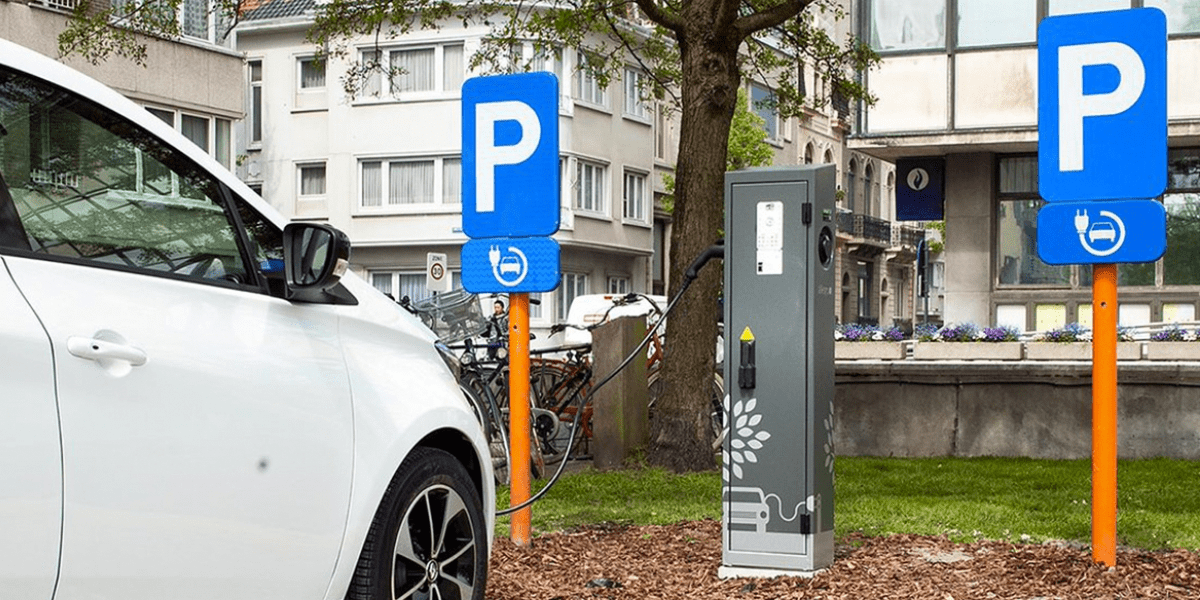Flanders targets 30,000 new charging points by 2025
The Belgian region of Flanders is reserving 30 million euros to build up to 30,000 additional charging points by 2025. This was announced by Flemish Mobility Minister Lydia Peeters. The aim is to provide a fast-charging facility with every 25 kilometres along the major transport axes.
Minister Peeters elaborated on Twitter that the introduction of charging stations should be geared as closely as possible to the number of electric vehicles. The switch to electric cars is an absolute must in order to achieve the climate goals and the development of the charging infrastructure should also be accelerated by new regulations. Among other things, locations are to be defined in advance so that the rollout can be completed quickly afterwards.
On an area of just under 14,000 square kilometres, Flanders currently has 3,920 normal and 96 fast-charging points in the public sector. Allego has built a large nimber of these. The company has won all four concessions under the Flemish CPT (Clean Power for Transport) action plan, most recently at the beginning of the year to build 1,300 charging points for network operator Fluvius. The plan provides, among other things, for the installation of 5,000 public charging points in more than 300 Flemish municipalities by the end of 2020 and the installation of 400 private charging stations on residential buildings.
However, the charging infrastructure offensive that has now been presented is also meeting with criticism – for example from the Confederatie Bouw, Techlink (association of installation companies) and AVERE (association for e-mobility). Neither of these associations thinks the plan goes far enough. The organisations argued in a joint press release that the plan still needs to be refined in order to achieve the necessary even higher level of electromobility in time. Since the coalition agreement of the government provides for only electric company cars to be registered from 2026, an estimated one million electric company cars will be on the road in Flanders by 2030, not including electric cars driven by private individuals. The organisations added that the charging infrastructure plan underestimates the introduction of electric vehicles and the associated charging infrastructure. On the other hand, the associations positively emphasise the revision of the regulations, for example, that the locations would be better adapted to demand and the central role of network operator Fluvius would be reduced in favour of private operators.
With reporting by Cora Werwitzke, France.
brusselstimes.com, hln.be (in Dutch)





0 Comments